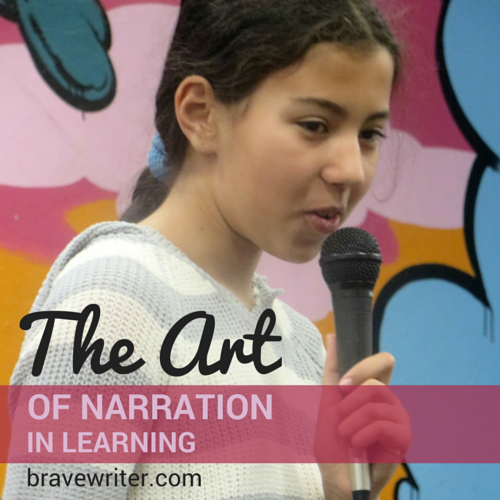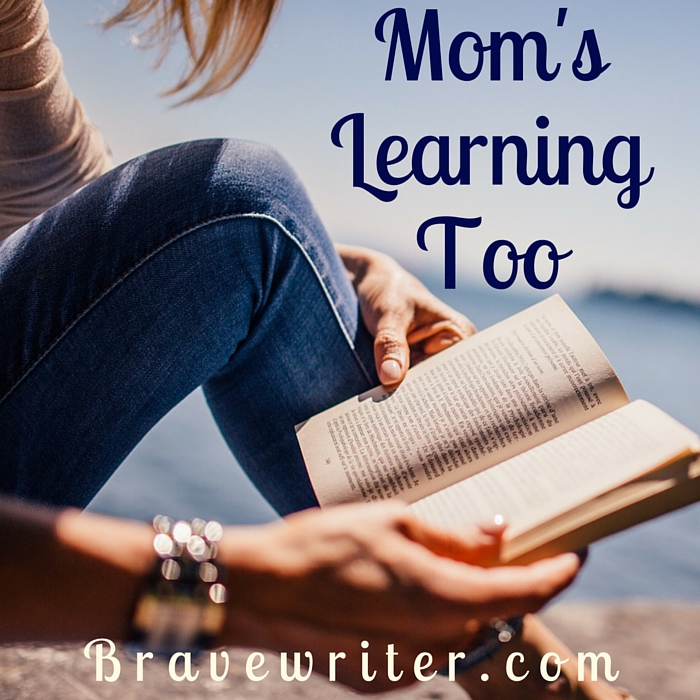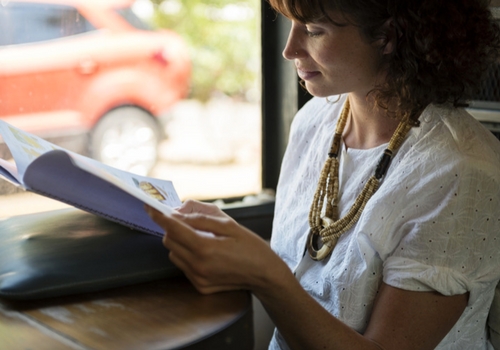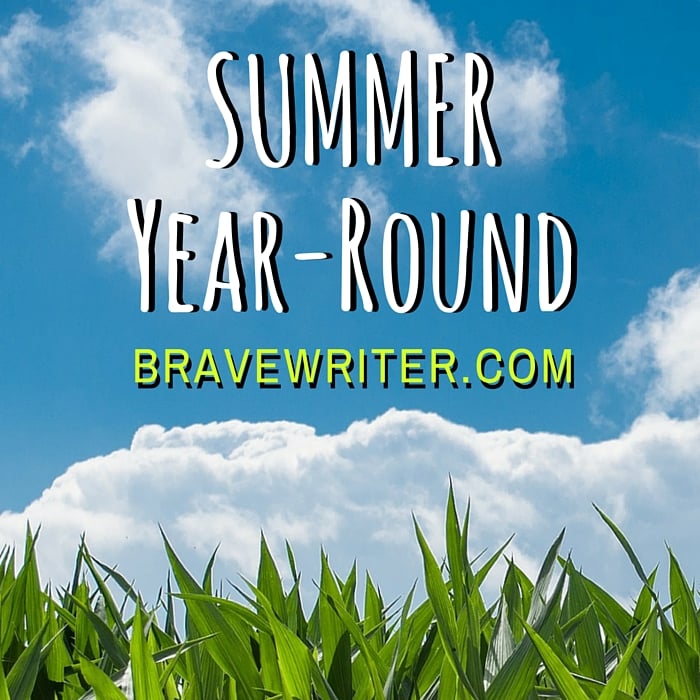My aunt and uncle live in Italy. She’s American; he’s Italian. They have two kids. Their daughter took her exams to complete junior high in June. My aunt sent me the following email that described what exams for that age group look like:
Lara [my cousin] spent between 2 and 4 hours each day for 4 straight days on her essay tests (not multiple choice) in Italian (Composition), English, French and Math (no essay there, obviously!). That was last week. This afternoon she had her orals in Italian (Literature), History, Geography, Art History, Science, Technical Studies, English, French, Music and Physical Education. (No, I’m not kidding around, they actually had to prepare a several-page report on a sport! She chose figure skating.)
She was in the room (with all the teachers for the above subjects and the Exam Committee Officer, who is a teacher from another school, to prevent partiality) for about 30 minutes, but the first 5 were spent discussing the results of the written tests. In addition to separate presentations on specific topics for Art History, P.E., French and English (she brought pictures of our trip to California last year and talked about most of you guys [the relatives]!), she had to prepare one of the topics covered during the last school year from a multi-disciplinary perspective.
She chose the Cold War and its consequences, and trekked through History (dates, people, policies, causes, effects), Geography (characteristics of the Western and Eastern blocks), Literature (passages dealing with the Cold War, the bomb dropped on Hiroshima and the Viet Nam War) and Science (the atomic bomb and nuclear energy in general) during her presentation. She wasn’t allowed to read any of this. She could look at an outline, but the content all had to be from memory.
I read this litany of objectives and exams, and headed straight for the bottle of Nyquil (drug of choice when I want to knock myself out and sleep through the pain). Argh! The Cold War?! The freaking Cold War in Italian? Okay, I was a bit loopy from the meds, but it sounds harder to do in Italian… doesn’t it?
I clicked out of that screen, mopped the sweat off my forehead, hyperventilated, and then, in a frenzy of irrationality, yanked children off computers, away from TVs and magazines. I hustled my English-speaking chicks to the kitchen table and downloaded as much Cold War info as I could remember directly into their spongy brains, quizzing them every seven seconds to be sure they were retaining my pearls of educational lecture.
We got through it… that momentary panic, the fear of orange-jumpsuits and police locking me up for scholastic neglect. Once I’d ignored the email for about three months, made a cup of tea and spent more than a panicky fifteen minutes castigating myself in my imagination, I did happen to notice some commonalities between our homeschool and Lara’s more organized, traditional school.
In fact we may be achieving similar results and you may too, without having an exam period. And it may be that our kids are not necessarily versed in the Cold War (though mine are now, thankyouverymuch), but they may be able to give this kind of integration to any number of other interests and studies.
Notice, for instance, how important the art of narration is to the Italian system of evaluation. The examiners are looking for the ability to do the following:
- to orally retell what the student has learned, as well as to write it. Both of these are forms of narration.
- to form connections between subject areas. Lara (my niece) had to be able to relate the history of the Cold War to geography, science, technology, and literature.
- to prepare a field of study. Rather than the examiners creating a test that the student must study for blindly (hoping to guess what material is of most interest to the examiner), the student was expected to use materials read and studied during the year to prepare a narrative that wove together what she had learned. Certainly the examiners may have asked questions that would reveal ignorance, but because the exam was oral, she would have a chance to fill in incomplete detail, to add support to a weak assertion, to follow a trail of questions determined by the examiner in dialog (rather than having to guess it).
Whose style of education does this remind you of? (Now that you can breathe again.)
Charlotte Mason, of course! (She’s the British educator who placed great emphasis on the art of narration through oral and written exams.) Charlotte says that narration ought to be a pleasure to the child and that exams ought to be a chance to reveal what the student knows rather than to expose what a child has not yet mastered.
How can we apply this idea of narrating and mastery to the way our kids learn? In the Brave Writer Lifestyle, we take each area of interest and explore it as far as a child’s interest and enthusiasm carry us. As we do, we provide opportunities to talk and write about those interests (using freewriting, conversations, even presentations if appropriate) to give language to those interests and fields of study.
Narration lets us know that the child is learning, that he or she has taken in information and can now make connections. Some children thrive on conversation while others gear up for a more formal examination. We’ve done both. One year, for fun, I used a tape recorder and in December, right before Christmas, I prepared some open-ended exam questions in four areas: literature, history, math and poetry. The kids got to sit alone with me and tell me in their own words as much as they could about the things we’d studied together while I recorded their answers. To a child, they loved this. It was very gratifying to me at the time as well to listen to them formulate answers, to put things together in a narrative whole. I was repeatedly surprised at which aspects of the topic they retained and how those fit with their overall schema of life.
We’ve also used freewriting as a kind of narration exam. After studying a period of history or a novel, I’ll suggest freewriting all that can be remembered (perhaps with a question to help focus the writing) about that historical period or book. Sometimes that little bit of closure gives both mom and child a lift!
Image of girl by EdenPictures (cc flipped, cropped, text added)























